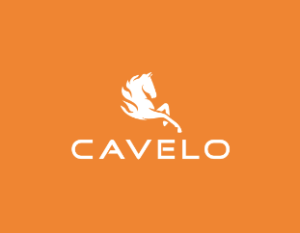Growing regulatory reporting requirements and complex cybersecurity threats make managing compliance and risk initiatives tough, especially when your firm lacks the technical in-house expertise to manage it. When it comes to protecting your firm’s data and mitigating reputational risk, limiting your risk of data exposure and streamlining due diligence questionnaire (DDQ) processes takes top priority.
No matter what area of law you practice and the number of clients you have, you’re obligated to protect the
confidentiality of sensitive case and client data as it moves across your record keeping and document management
systems and between partner law firms
THE CHALLENGE
The public nature of the legal system makes your firm vulnerable to a growing number of cybersecurity risks like
data leaks and ransomware. The sheer volume of data your practice collects and stores on an ongoing basis
makes keeping track of sensitive data types and how it’s being used tough – leading to painful and sometimes next
to impossible DDQ requests.
- Hiring and technology budget restrictions mean you have limited resources to help track and control your data.
- Court filing and document sharing requirements means it’s highly likely that you’ve have unknown volumes of sensitive
personal data available on publicly accessible repositories. - Unstructured data and lack of data classification make it tough to determine what data you’ve have – and the level of
cybersecurity risk you face. - You’re regularly fielding ever-more complex DDQ’s and need a standardized process, but don’t know where to start.
- Your reputation is paramount and growing ransomware attacks are concerning. You’re struggling to identify solutions that meet the needs of your firm’s GC and the IT staff that’ll manage tools on your behalf.
- Your firm relies on multiple systems and vendors for document sharing and billing tracking and you’re not sure how you can manage them all and keep your data safe.
THE SOLUTION
Businesses need to rethink the way they’re managing data classification. Manual classification methods and unstructured data (databases) can’t keep pace with shifting use cases, escalating cyber risk and increasing regulatory pressures. DLP technologies are an improvement but come with limited functionality and lack real-time visibility.
By adopting automated data discovery and classification solutions organizations can:
- Get control of their data
- Track and classify all data by type
- Institute data integrity and access controls
- Better identify organizational risk based on data types and sensitivity
- Understand the value of the business’s information to better mitigate risk and align to compliance requirements
 Cavelo helps businesses proactively reduce cybersecurity risk and achieve compliance with automated data discovery, classification and reporting. Its cloud compatible data protection platform continuously scans, identifies, classifies and reports on sensitive data across the organization, simplifying compliance reporting and risk remediation.
Cavelo helps businesses proactively reduce cybersecurity risk and achieve compliance with automated data discovery, classification and reporting. Its cloud compatible data protection platform continuously scans, identifies, classifies and reports on sensitive data across the organization, simplifying compliance reporting and risk remediation.

